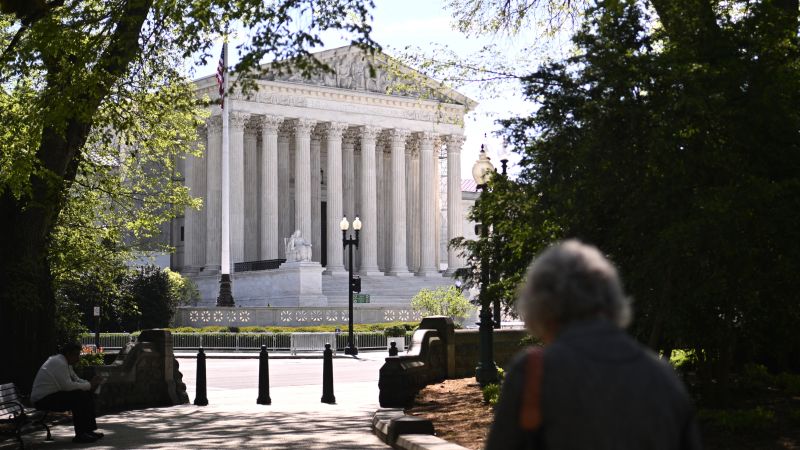The federal case against former President Donald Trump for trying to overturn the 2020 election remains in limbo as he claims he should have absolute immunity from criminal prosecution. The Supreme Court will hear oral arguments regarding this immunity claim to determine if presidents are indeed immune from federal prosecution. This is an untested Constitutional question, and the Supreme Court’s decision will have significant implications.
The fact that the Supreme Court is hearing this case indicates that they believe it is important enough to give their own judgment on the matter. The possibility of absolute immunity for presidents raises concerns about potential abuse of power, such as a president ordering extreme actions against political opponents without consequences. The legitimacy of this claim is being challenged, and the outcome will have far-reaching effects on future presidential accountability.
Questions surrounding Justice Thomas’s wife’s participation in the January 6th insurrection and the three justices appointed by Trump judging cases related to him highlight ethical concerns within the Supreme Court. Critics question the court’s delays in addressing Trump’s immunity claim and whether these delays are intentional to prevent his prosecution before the next election. The uncertainty surrounding the court’s decision raises concerns about political interference and undermines the rule of law.
In light of the potential impact this immunity claim could have on the 2024 election, many are questioning why the Supreme Court is not ruling more swiftly on this matter. The concept of partial immunity for presidents versus blanket immunity, as well as the distinction between official presidential actions and personal actions, are important considerations in determining the scope of presidential immunity from federal prosecution.
The legal basis of Trump’s immunity claim is being examined, with arguments drawing from previous cases that involved presidential immunity. The historical context of immunity for presidents and the implications for future accountability are crucial aspects of this debate. If the Supreme Court upholds Trump’s immunity claim, the potential dismissal of federal charges and challenges to this decision may lead to further legal and political conflicts.
The possibility of Trump receiving full immunity from federal prosecution raises concerns about the erosion of accountability for presidents and the implications for future administrations. The role of impeachment, potential self-pardons, and the limits of presidential power are all interconnected with the outcome of this case. Ultimately, the Supreme Court’s decision will shape the boundaries of presidential immunity and the balance of power between the executive branch and the rule of law.



